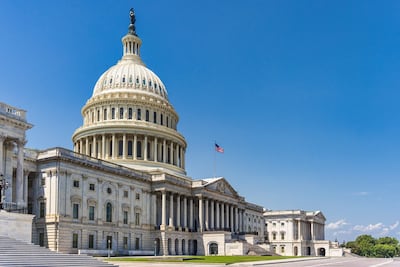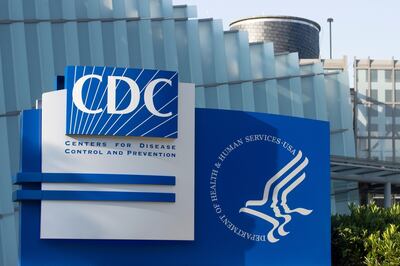
Pink Sheet
The transparency initiative collects CRLs already made public in approval packages on its drugs@fda site to post on the openFDA public portal.
FDA staff are trying to plan for program implementation in the absence of critical eligibility and other details, although guidance may be coming soon.
US FDA would receive more funding for fiscal year 2026 in the Senate appropriations bill than its House counterpart, including $10m for unannounced foreign inspections.
A new EU strategy to ensure access to essential medicines will boost the development of critical medical counter measures, including vaccines and therapies, according to one pharmaceutical industry group.
In this first of a two-part series of articles, US Pharmacopeia CEO Ronald T. Piervincenzi tells the Pink Sheet how the use of alternatives to animal testing in drug development is gaining traction and discusses the challenges that exist.
The Senate Health, Education, Labor and Pensions Committee voted to advance Monarez's nomination to lead the CDC as the agency announced the largest US measles outbreak in 22 years.
The Pediatric Advisory Committee supported routine safety monitoring for three vaccines and 21 drugs, but the panel’s consumer representative said adverse event reporting needs improvement and FDA literature reviews should include lawsuits as well as social media.
The FDA concluded that generic tasimelteon products held by Teva and MSN Labs meet all statutory bioequivalence requirements and there was no “mistake” or untrue statement in the original ANDA approvals.
Joshi joins the parent company of Citeline, home of the Pink Sheet, to focus on AI, business harmonization and long-term growth.
Data is “the new oil,” but its use will challenge regulators, while inertia is the biggest disrupter of all for European regulators, according to European Medicines Agency chiefs past and present.
Pharma firms are being encouraged to respond to a European Commission consultation on planned updates to its good manufacturing practice standards which reflect the “rapid advancement” of modern technologies, like AI and digital systems, in drug manufacturing.
China has announced a raft of new measures to encourage innovative drug development across the product life cycle, including using insurance data to differentiate new therapies and applying commercial insurance to selected novel products.
Lawmakers should address FDA staff upheaval and help the agency “get back on track,” former agency Chief of Staff Elizabeth Jungman said, while CBER Director Vinay Prasad told staff he is asking ex-colleagues to return to the agency.
NRx Pharma is trying to capitalize on the headlines about a new US FDA hyper-fast review program, illustrating that the lack of details in the FDA’s announcement is an opening for sponsors to try to grab some attention.
A survey asks FDA staff to disclose whether DEI policies caused discrimination or resulted in disciplinary action against career employees over the past five years, but uses a web form that the general public also can access.
Clarity on what transferable exclusivity vouchers may look like for new antimicrobial drugs could be nearing. Denmark’s new presidency of the Council of the EU has prioritized concluding its negotiations with European Parliament over the legislative overhaul of the EU’s pharmaceutical legislation.
After pursuing Alchem International for breaches of EU antitrust rules – relating to a cartel over the SNBB pharmaceutical ingredient used in Buscopan and its generics – the European Commission has now hit the firm with a €489,000 fine.
Bayesian statistics could help clinical trial sponsors to include external information in their analyses, but concerns around bias and incorrect conclusions remain, the European Medicines Agency said.
A system of pre-regulatory review consultations for innovative drugs and devices in South Korea has contributed to the accelerated development of such products.
Pediatric Advisory Committee will weigh the FDA's recommendation that routine safety monitoring continue for Merck & Co's Gardasil and Sanofi's Fluzone and Dengvaxia despite a political climate that has been unkind to vaccines.



















